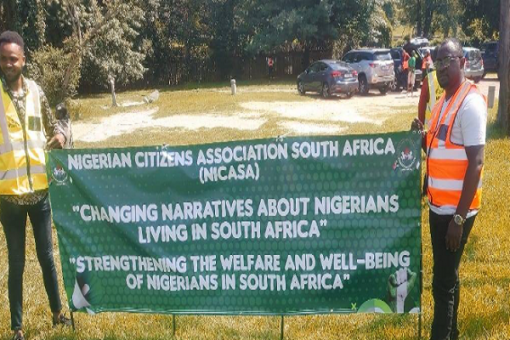Three years after the Tokyo Olympics were held with strict precautions and no fans due to the global COVID-19 pandemic, fears of the virus have reemerged at the Paris Games. Several athletes have tested positive, leading to withdrawals from events and increased use of masks, though the impact remains more limited compared to the Tokyo Games.
Among the affected athletes is Australian swimmer Lani Pallister, who had to withdraw from the women’s 1500 metres freestyle. However, a team spokeswoman indicated that this decision was made to conserve her energy for the 4x200m freestyle relay starting on Thursday.
British swimmer Adam Peaty also tested positive, a day after narrowly missing out on the 100m breaststroke gold, tying for silver with American Nic Fink. Peaty is focusing on a "fast, full recovery" to compete in relays later in the week. His teammate Matt Richards commented, “Adam’s okay, he’s not dying. He’s alright, just a bit of a cold. We’ll avoid it (COVID) as best as we can, but we’re here to race. If we get a little bit ill whilst we’re racing, we’ll keep racing. It’s how we do it.”
Several Australian women’s water polo players tested positive for COVID-19 before the opening ceremony, leading to isolation from other team members. Despite this, the team played and won against Serbia 8-3 on Tuesday.
Unlike the Tokyo Games, which were delayed by a year due to COVID, and the 2022 Beijing Winter Olympics, which were held with strict precautions, the Paris Olympics are the first post-pandemic Games with no strict protocols or restrictions around COVID-19.
Anne Descamps, Paris 2024 Chief Communications Director, stated, “We have a protocol that any athlete that has tested positive has to wear a mask and we remind everyone to follow best practices but in terms of monitoring COVID, cases are quite low in France.”
British swimmer Jacob Whittle mentioned that his team is adopting stricter precautions, such as hand sanitizing and wearing masks everywhere possible, except when swimming or speaking to reporters. He emphasized being extra cautious in communal spaces to prevent catching or spreading the virus.
Canada’s chief medical officer, Mike Wilkinson, said his team continues to implement many infection prevention protocols that were successful during the pandemic, including hand washing, sanitization, good hygiene practices, and disinfecting shared spaces. They also have isolation protocols for anyone who falls ill.
While the situation remains under control, the resurgence of COVID-19 cases at the Paris Olympics underscores the importance of continued vigilance and adherence to health protocols to ensure the safety and well-being of all participants.



